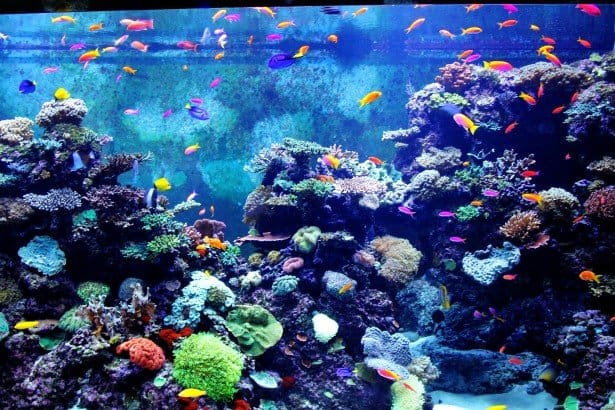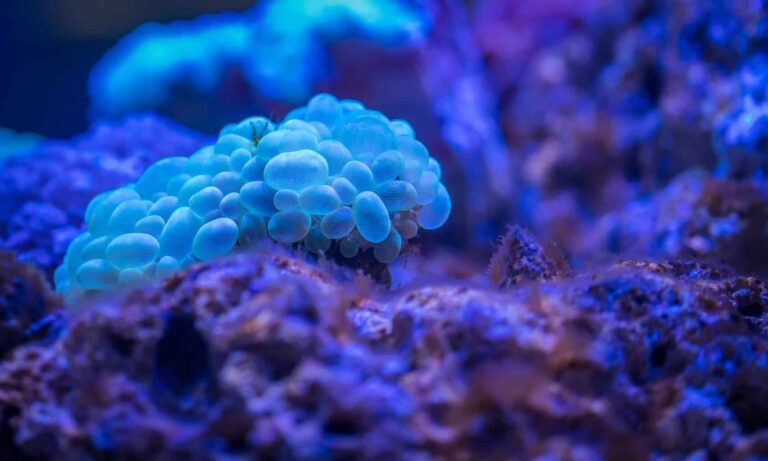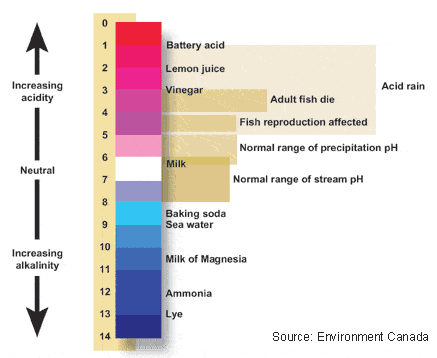Regular aquarium maintenance should be done to both avoid expensive and time-consuming issues and maintain the health of the fish. If you ensure constant care of the aquarium, aquarium water, as well as the interior conditions, there won’t be any need for major changes. By following some simple steps you can keep fish tank clean as crystal.
The key concept in aquarium maintenance is stability. The goal of taking regular measurements and performing checkups is to be able to quickly discover issues and resolve them as soon as possible. If you are going to buy your first fish tank or already have one but don’t know how to take care of it, let us present you with a few tips on how to keep fish tank clean.
Before we jump into the details please remember that you need to cycle your tank first before adding any fish or live stock. Tank cycling usually takes 3~6 weeks depending on several factors. After the tank is cycled don’t add all the fishes you want at a time. Add them gradually so that the biological filter media gets enough time to cope up with the increased bio-load.
Now to easy steps you should follow regularly to keep your tank as clean as possible –
Change The Water Regularly
In the fish keeping hobby the first thing you should religiously follow is regular water change. Water change should be performed at least once every week. Considering your livestock and filtration capacity it may differ a bit. However, keep in mind that only about 20-30% of the water volume should be renewed.
This is done to make sure that the interior conditions do not change significantly. Furthermore, make sure that the conditions of the replacement and old water match as closely as possible. Those conditions include water temperature as well as the level of different elements in the water.

Use Water Filtration Systems
To make sure that the replacement water doesn’t contain any harmful elements, use aquarium filters. For example, tap water usually contains either chlorine or chloramine (chlorine + ammonia). If you use activated carbon or charcoal as filter media it will ensure chemical filtration and help to remove chlorine or chloramine from the water.
The sources of water and its composition can be different, but water filters should be able to help you in most cases. Also fishes, uneaten food, rotten plants cause ammonia. Biological filtration will help to consume and breakdown ammonia with the help of beneficial bacteria colony inside it. These bacteria will breakdown ammonia and produce nitrite, which is less harmful for fishes.
Anaerobic bacteria colony will help to breakdown the nitrite into nitrate, which is much less harmful than nitrite. If the nitrate level becomes significantly higher then it may also cause issues to your fishes if exposed for a longer period of time. Hence we do regular water changes to keep the nitrate level safe.
Mechanical filter media in your aquarium filter will clean out the dust particles and keep the water crystal clear.
Regularly Test Aquarium Water
To make sure that the aquarium water’s composition is safe for its dwellers, make sure to test it on regular basis. The main parameters of water are Ammonia, Nitrites, Nitrates and pH (salinity in the case of marine tanks). You can test carbon hardness (KH) as well to check the pH stability.
At any point the Ammonia and Nitrate readings should be zero in your tank. As for nitrates, they should be maintained below 10 ppm in freshwater and below 5 ppm in marine and reef tank. Testing for Nitrate is not that important if you perform your regular water change. Nitrate will become a threat if they are present at very high level for a longer period of time.
With pH, you will need to maintain its stable levels that are suitable for your fish species. If out of range, pH levels can be adjusted with a number of means, including pH modification products. One advice I should suggest is don’t run for the perfect pH for your fish. Fluctuating pH is more harmful for them. Rather focus on a consistent level of pH to keep your pets stress free. There are natural ways to raise or lower pH in your aquarium too.
Carbonate hardness (KH) indicates the pH stability. If KH comes close to 4.5 dH (degree hardness) or 80 ppm, you should start to keep it under close attention. Should it decrease further, you will have to take action. To raise the carbonate hardness by about 1 dH (17.8 ppm), you could put in half a teaspoon of baking soda per twenty-five gallons of aquarium water.
Never Overstock – Control The Bio-load
Before adding any new fish to your fish tank, you need to consider the water volume of your tank and the requirement of that species. Follow the fish compatibility chart and carefully measure the bio-load its going to produce. Then you need to consider the capacity of your filtration system and choose the livestock for your aquarium. Overstocking will cause dirty water, aggression in the tank, ammonia or nitrite spike and occasional death of your fishes. So limiting the stock is very much important to keep fish tank clean.
Take Care of Your Equipment
Heaters, aquarium filters, lighting, and other equipment can be crucial for your types of fish species. If your fish needs warm water, you must frequently check up on the condition of the heater. One way to quickly discover issues with the heater is monitoring water temperature. If something isn’t right, check on the heater first.
The same goes for other pieces of equipment. If you discover that the water composition isn’t what you expect, you should examine the filter system. All in all, frequent testing of water should allow you to quickly discover any issues.
Another thing you have to do is keeping the filter media clean. Regularly rinse them with aquarium water to make sure that they are spot on. You should never use tap water or detergent to clean your filter media. Tap water may contain chlorine. Presence of chlorine or using detergent will kill the bacteria colony in your filter media. As a result a new tank cycle will kick off and there will be ammonia & nitrite spike, which could be fatal for your fishes.
Cleaning the filter media will clear the detritus and clogging. This things could hamper the performance of filtration. If the aquarium and all its equipment are in perfect condition, you can worry about the safety of your fish much less.
You can use magnetic cleaner to keep the display glass crystal clear.
Let’s Watch a Video to Make it Simple!
Check out the following resources to know more about this topic in depth –






